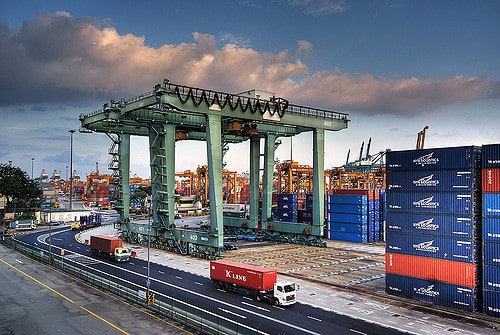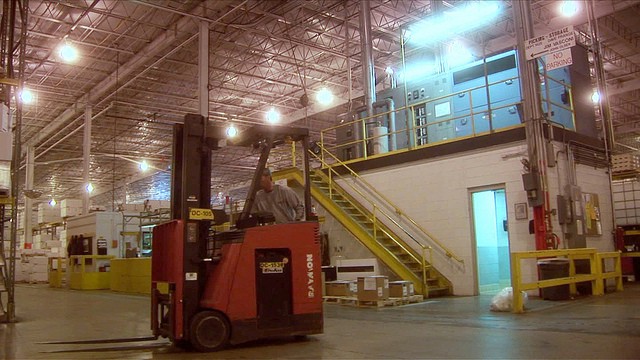Supply chain transparency has become an issue gaining increasing importance in this day and age. In simple, layperson’s terms, people want to know where stuff comes from. This includes consumers, but also a wide range of stakeholders associated with the businesses in an affiliated or associated supply chain.
When it comes to supply chain transparency, there are a trio of key issues that warrant special consideration. These are the relationship between supply chain transparency and a business’ reputation, the legalities associated with supply chain transparency, and the call for global supply chain transparency standards. Each of these factors are considered in turn.
Supply Chain Transparency and Reputation
The lack of transparency has led to businesses of different types experiencing negative consequences to their reputations. Opaqueness associated with a business’ supply chain historically has been the result of the fact that a particular enterprise simply wanted the public at large to know as a little as possible about its supply chain.
Clothing designers and retailers are a prime example of enterprises that historically have attempted to avowing transparency when it comes to their supply chains. One of the primary reasons was the reality that a considerable percentage of apparel items, sold in the United States and elsewhere around the world, were manufactured in locations featuring less than ideal labor conditions. Indeed, in a remarkable number of instances, apparel items were manufactured in so-called “third world countries” in situations that would be illegal in nations like the United States.
The lack of supply chain transparency has also reared its head in recent years in the restaurant industry. There have been outbreaks of different types of foodborne illnesses in recent years, hitting restaurant chains in the United States and elsewhere. Because multiple stores were hit with the same type of foodborne illness during these outbreaks, the culprit was virtually always determined to be something associated with the supply chain.
Due to a lack of supply chain transparency, businesses like clothing designers and retailers as well as restaurants took a double hit when a problem arose. When something arose like an outbreak of foodborne illness in a restaurant chain setting, the business itself sustained reputational damage because of the outbreak itself. However, an enterprise took an additional hit because nearly always there was deemed to be a lack of transparency associated with the supply chain.
Analysis of these types of crisis situations reveal that, while the immediate problem like a foodborne illness had necessarily negative consequences, the negative fallout associated with a seeming lack of supply chain transparency proved to be more persistent. In other words, a majority of consumers were able to get beyond the actual issue with food contamination in a fairly short period of time. The same could not be said with the feeling that a business was not transparent in regard to its supply chain. Negative concerns about lack of supply chain transparency linger, almost seeming to become a fixed negative connotation associated with certain business enterprises.
Supply Chain Transparency and Legalities
Businesses of all types that rely on supply chains to operate have historically defaulted to limiting transparency associated with “where things come from.” Stakeholders from corporate shareholders to boards of directors to other management personnel, not to mention the principals of enterprises involved in the supply chain itself, all seemed to generally conclude that legal interests were best protected via a policy limiting supply chain transparency.
In fact, that tactic has proven to be legally perilous in recent years. For example, if a consumer injured because of some sort of product defect that arises somewhere in the supply chain can demonstrate that a business possessed both a policy to prevent transparency and also knew of a problem with a product, the legal consequences can be profound.
Consistent Supply Chain Transparency Standards
In recent years, there has been a growing call for different industries to go beyond establishing supply chain transparency standards for their own, individual operations. At this juncture in time, there is a strong sentiment that supply chain transparency standards must extend beyond what is developed by each individual business to an industry wide approach on a global scale.
The argument for global industry wide supply chain transparency standards actually is quite simple. In the final analysis, an effective supply chain transparency standard can only truly work and be beneficial if all businesses in and serving a particular industry follow that transparency standard. The movement towards more uniform, globalized supply chain standards is being seen in development in an increasing number of industries at this juncture in time.
Jessica Kane is a professional blogger who writes for Scaffold Store, the favorite and trusted scaffold supplier of the largest contractors.




